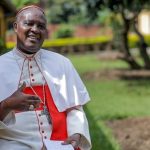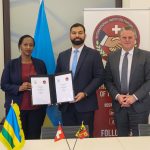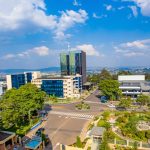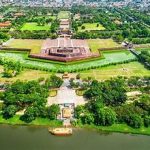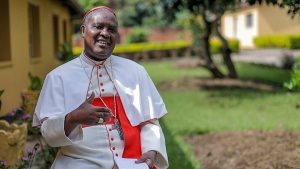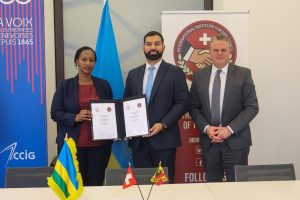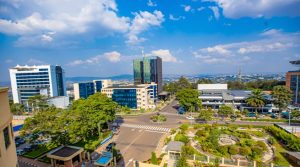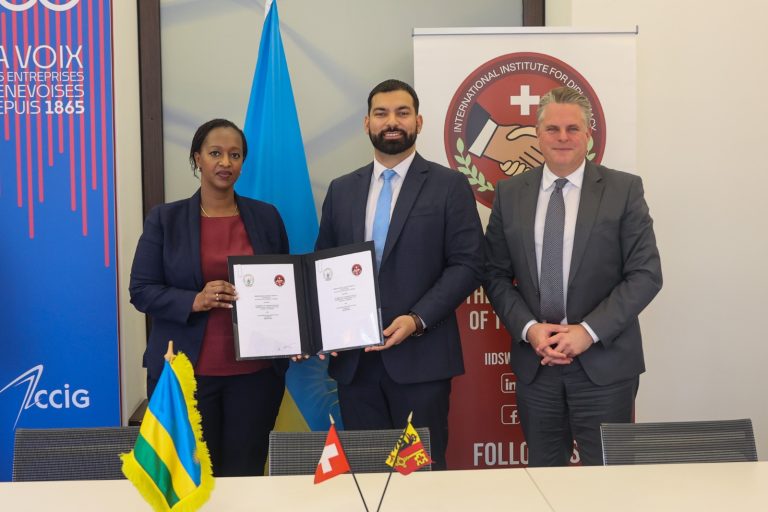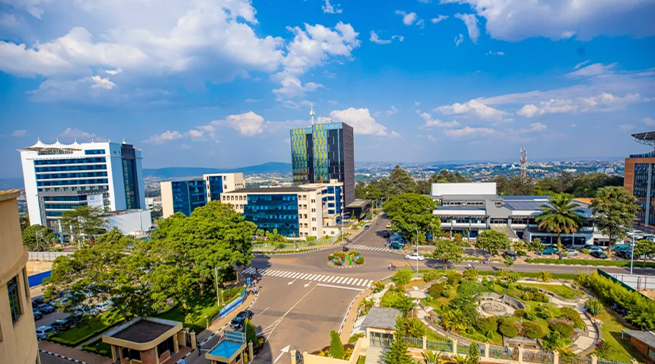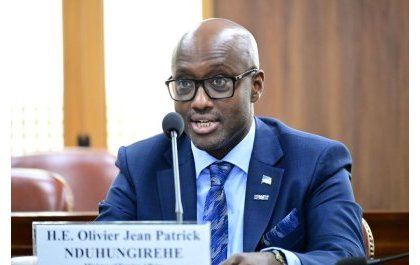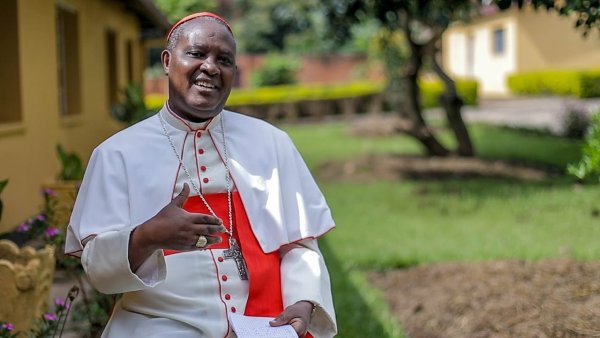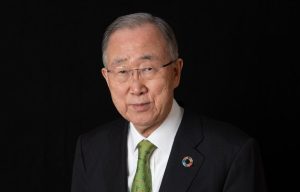The recent high-level meeting between Somalia’s Minister of Interior, Federal Affairs, and Reconciliation, Hon. Ali Yusuf Ali (Hoosh), and the United Nations Special Representative for Somalia, Ambassador James Swan, signifies a significant step forward in Somalia’s ongoing journey toward peace, stability, and democratic consolidation. This encounter, held at the Ministry’s headquarters in Mogadishu, exemplifies the enduring commitment of Somalia’s government and the international community to foster an environment conducive to lasting peace, inclusive governance, and socio-economic development.
This dialogue takes place at a crucial juncture for Somalia, as the nation endeavors to solidify its political stability amidst a complex landscape of internal and external challenges. The leaders discussed extensive avenues of collaboration with a shared focus on accelerating efforts to stabilize the country. Central to their deliberations was the importance of advancing reconciliation initiatives that aim to bridge divides among various clans, political factions, and communities. Recognizing that reconciliation is the bedrock for sustainable peace, both parties underscored the necessity of inclusive approaches that prioritize dialogue and mutual understanding.
Furthermore, discussions on enhancing Somalia’s electoral processes reflected a commitment to strengthening democratic institutions. As electoral developments shape the nation’s political landscape, ensuring transparency, fairness, and broad participation remains essential for fostering public trust and legitimacy. The leaders expressed their collective resolve to support credible electoral mechanisms that will uphold the will of the Somali people and uphold the country’s aspirations for democratic governance.
Another critical aspect of the meeting was the focus on expanding access to public services—such as healthcare, education, and infrastructure—to reinforce the foundations of effective governance. In Somalia’s context, addressing the urgent needs of underserved populations is integral to fostering social cohesion, mitigating grievances, and building resilience against destabilizing factors. Both leaders reaffirmed the importance of inclusive service delivery as an essential component of development and stability, highlighting that sustainable peace is rooted in tangible improvements in citizens’ everyday lives.
The meeting also reaffirmed the significance of maintaining strong international partnerships, particularly the vital cooperation between the Federal Government of Somalia and the United Nations. Minister Hoosh’s appreciation for the UN’s ongoing support underscores the recognition that Somalia’s progress is inextricably linked to sustained international engagement. Such support encompasses not only peacekeeping and security assistance but also development programs that address root causes of conflict and foster economic growth.
In light of recent political dynamics, notably President Hassan Sheikh Mohamud’s call for a national consultative dialogue, the leaders emphasized the importance of inclusive engagement among all stakeholders. While opposition groups have voiced objections and are reportedly organizing alternative forums, Somalia’s government remains committed to fostering an environment of dialogue and reconciliation. The approach underscores a profound understanding that building consensus and inclusive participation are vital for genuine national unity.
This diplomatic engagement underscores the resilience and pragmatism of Somalia’s leadership, which continues to pursue a path of dialogue and cooperation despite internal divergences. The acknowledgment of diverse viewpoints, combined with a shared dedication to peace and stability, strengthens Somalia’s resolve to forge a unified national front. Such efforts are crucial in overcoming obstacles and harnessing the collective strength of Somali society.
In conclusion, the meeting between Somalia’s Minister of Interior and the UN Special Representative exemplifies a strategic and hopeful approach to Somalia’s future. It highlights the crucial role of sustained partnership, inclusive dialogue, and targeted reforms in fostering a peaceful, democratic, and prosperous Somalia. Moving forward, it is imperative that all stakeholders—government entities, opposition factions, civil society, and international partners—continue to work collaboratively to realize Somalia’s long-term vision of peace, stability, and development. The international community’s unwavering support, combined with Somalia’s resilient spirit, will serve as the cornerstone for building a resilient nation capable of overcoming current challenges and achieving sustainable progress.
